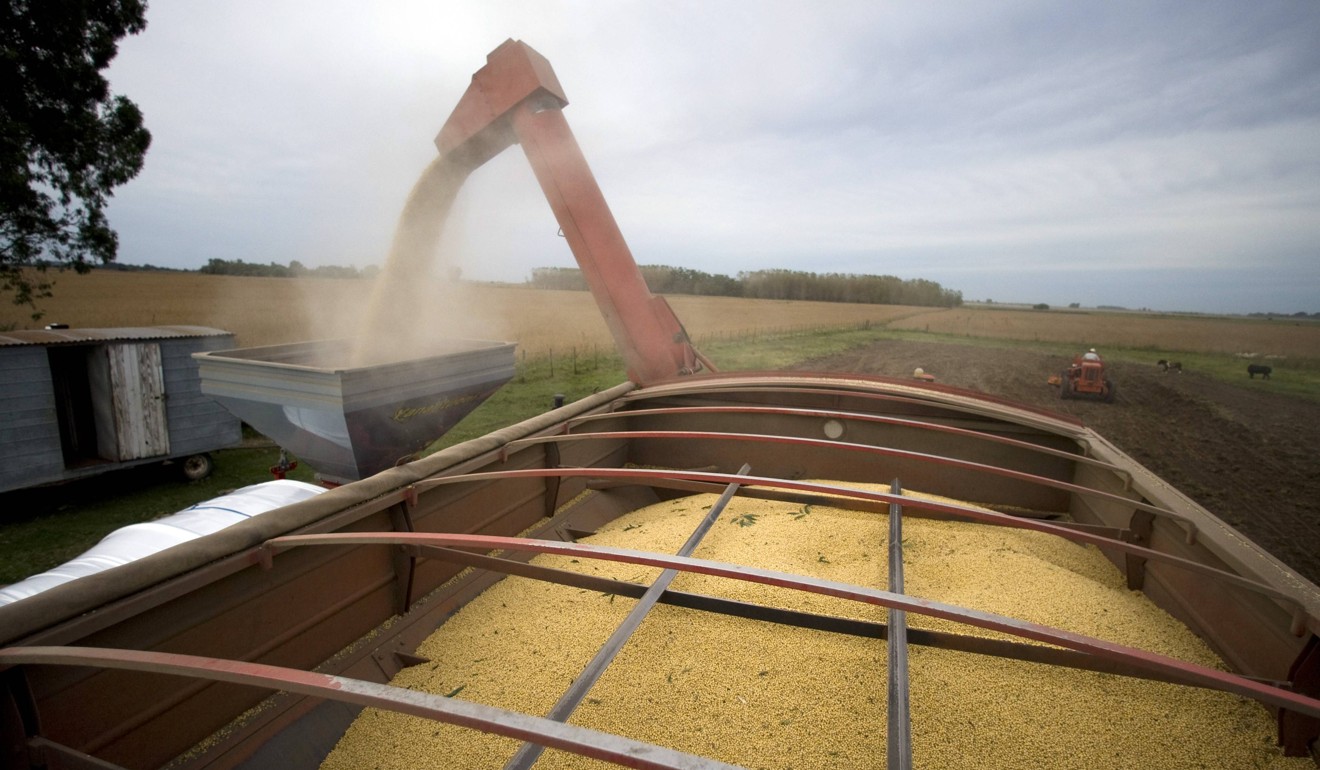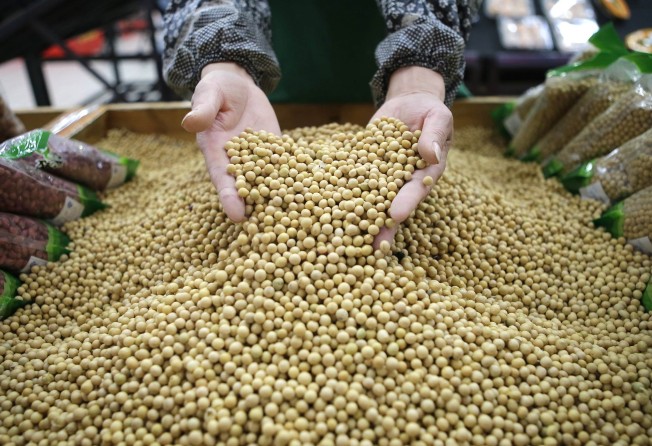
Shanghai Pengxin sets sights on importing more Brazilian soybean
Two acquisitions of Brazilian companies in the past year with more to follow, says chairman, as China’s rising appetite for imported grain continues to soar

Shanghai Pengxin Group, one of China’s most acquisitive agricultural businesses abroad, plans to focus its attention on Brasil, with the aim of securing a future 30 million tonnes of soybean output from the South American country.
Ge Junjie, chairman of Pengxin’s subsidiary Dakang International Food & Agriculture, said the privately owned Shanghai firm has completed two acquisitions of Brazilian companies in the past year and more will follow, as China’s rising appetite for imported grain continues to soar.
“Brasil will be Pengxin’s focus,” he said. “Our goal is to create a synergy between the two markets.”
Founded in 1997 by chairman Jiang Zhaobai, Pengxin has evolved from being a real estate developer into a global buyer of agricultural businesses, and now has intentions of becoming one of the world’s largest grain traders.

Dakang bought a controlling 57 per cent stake in Brazilian grains company Fiagril for US$290 million last year before spending a combined US$253 million on a 54 per cent share in Belagricola, one of the country’s leading agricultural product traders.
After the two transactions, Dakang now has a combined seven-million-tonne output of Brazilian soybean and corn, and Ge expects that to expand to 10 million tonnes next year.
“We will continue to invest in the country until we have tripled that output to 30 million tonnes,” he said. “China increasingly relies on imports of soybean and corn to meet domestic demand.”
Last year the mainland imported 80 million tonnes of soybean, including genetically modified products from the US.
Ge is a former vice-president of Shanghai-based Bright Food Group, overseeing the state-owned food conglomerate’s high-profile buys of foreign assets, including Australian biscuits maker Manassen and British cereal maker Weetabix between 2013 and 2016. Weetabix was subsequently sold in April this year for US$1.76 billion to US consumer group, Post Holdings.
Ge jumped ship to Dakang last year to take the helm of Pengxin’s agricultural business operations.
Demand for safe, high-quality food has surged in China in the past six years, as the population has become more affluent and health-conscious.
We want to create two-way traffic. Industries such as fertiliser, which grapple with overcapacity in the domestic country can also be exported to Brasil via the platform we establish
Foreign-grown fruit, high-quality chocolate and cereal products including cereals, snacks and protein bars have become particularly popular, leading to aggressive outbound buying sprees by mainland companies targeted at foreign agricultural businesses, food processors and distributors.
Zhang Henglong, a professor in economics at Shanghai University, said, however, it will remain an uphill task for Chinese privately-owned businesses to ramp up investment in certain foreign markets, especially with Beijing’s favouring those linked to the “Belt and Road Initiative” – a national outbound investment strategy aimed at connecting overland trading corridors and sea routes to bolster trade ties with 65 nations, in Asia, the Middle East and Europe.
“We want to create two-way traffic,” said Ge. “Industries such as fertiliser, which grapple with overcapacity in the domestic country can also be exported to Brasil via the platform we establish,” said Ge.
Pengxin first gained international prominence in 2012, when it offered to buy 16 dairy farms in New Zealand.